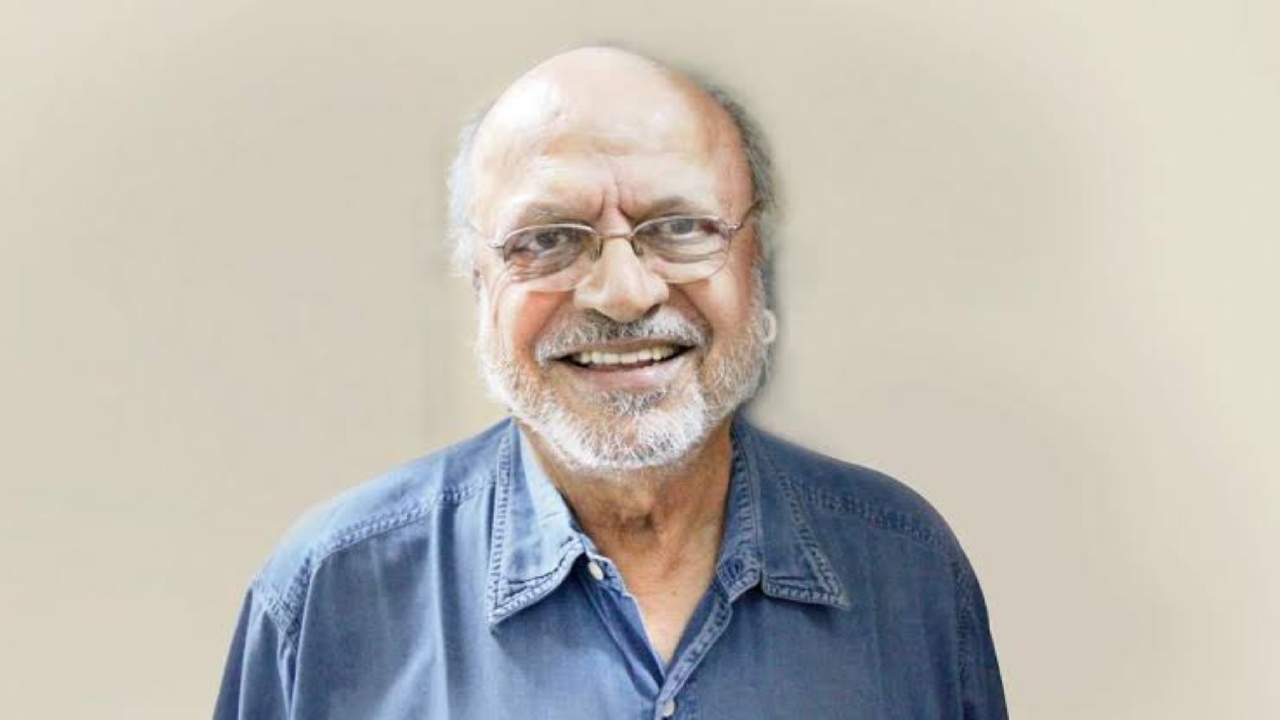Veteran filmmaker Shyam Benegal, a key figure in the Indian parallel cinema movement, passed away on Saturday at the age of 90. Benegal, known for his realistic portrayal of social issues and his break from mainstream Bollywood conventions, had been battling chronic kidney disease for several years. He died at Wockhardt Hospital in Mumbai, where he had been receiving treatment.
Born in Hyderabad in 1934, Benegal was the son of Sridhar B. Benegal, a prominent photographer, and the second cousin of legendary filmmaker Guru Dutt. He began his career in advertising before transitioning to filmmaking, starting with the documentary Gher Betha Ganga in 1962. His debut feature film, Ankur (1973), marked the beginning of a new wave in Indian cinema, followed by the success of Nishant (1975), Manthan (1976), and Bhumika (1977). These films, which tackled issues like caste, rural life, and women’s rights, set him apart as a pioneer of realistic, socially conscious cinema.
Throughout his career, Benegal remained committed to telling stories that addressed complex social and political themes. Films like Junoon, Mandi, Sardari Begum, and Mammo solidified his reputation as one of India’s most respected filmmakers. His television projects, particularly Bharat Ek Khoj (1988) and Samvidhaan (2014), were also widely praised for their depth and historical significance.
Despite his health challenges in recent years, including frequent dialysis, Benegal continued to work on multiple projects, showing his enduring passion for filmmaking. His last film, Mujib: The Making of a Nation (2023), a biographical drama about Bangladesh’s founding father, Sheikh Mujibur Rahman, was released earlier this year.
Benegal’s death marks the end of an era in Indian cinema. His work has left a lasting impact on the industry, inspiring generations of filmmakers with his commitment to realism and his focus on social justice. He is survived by his wife, Nira, and daughter, Pia.


